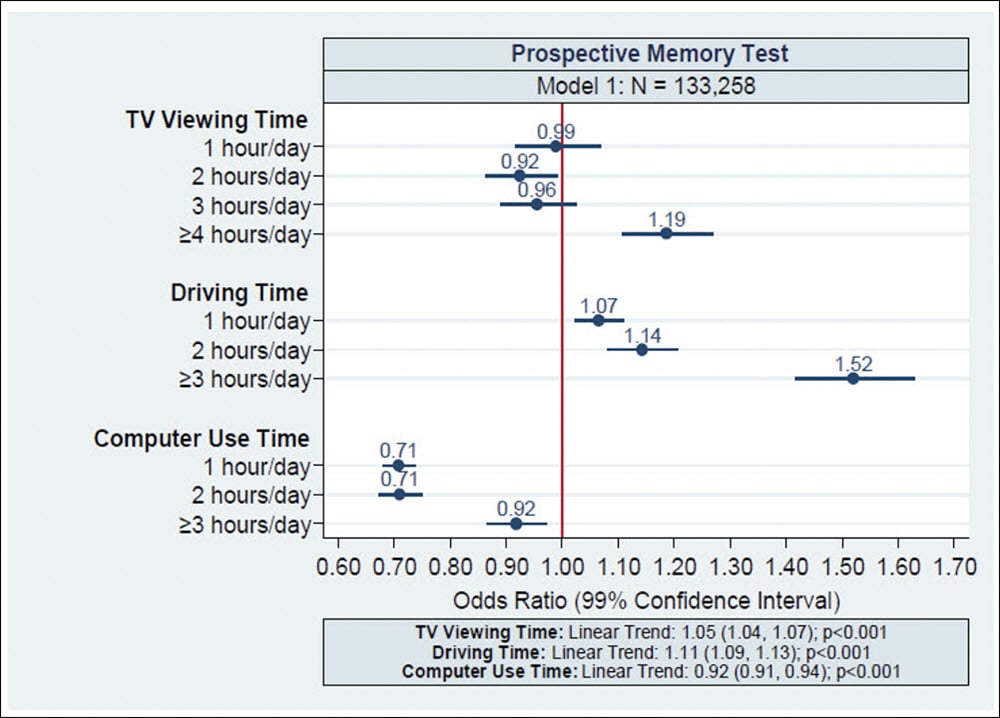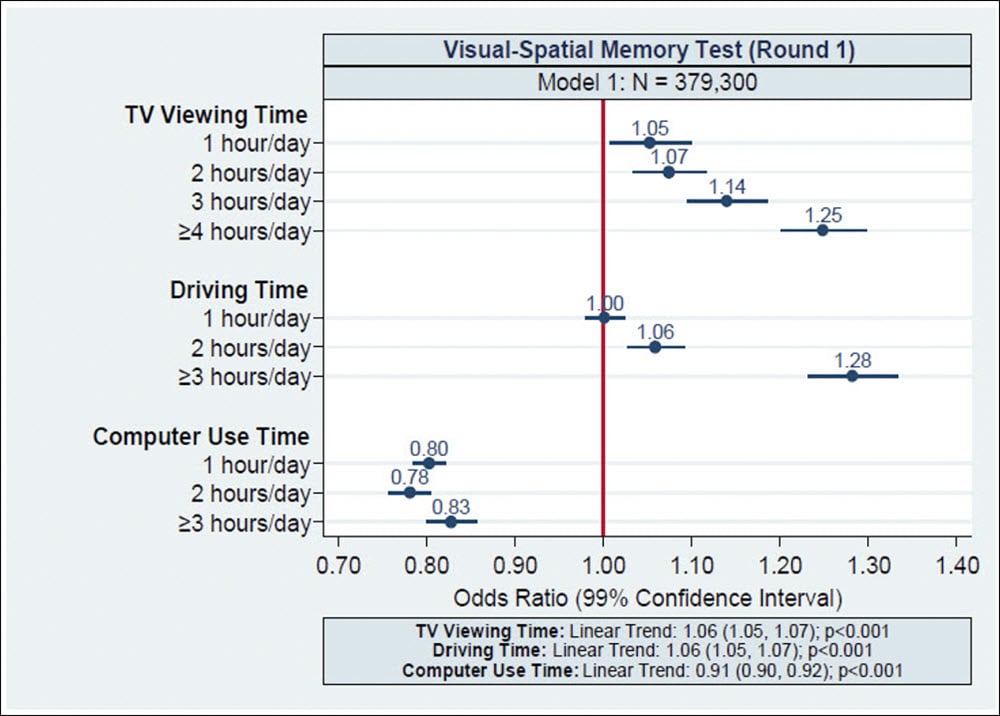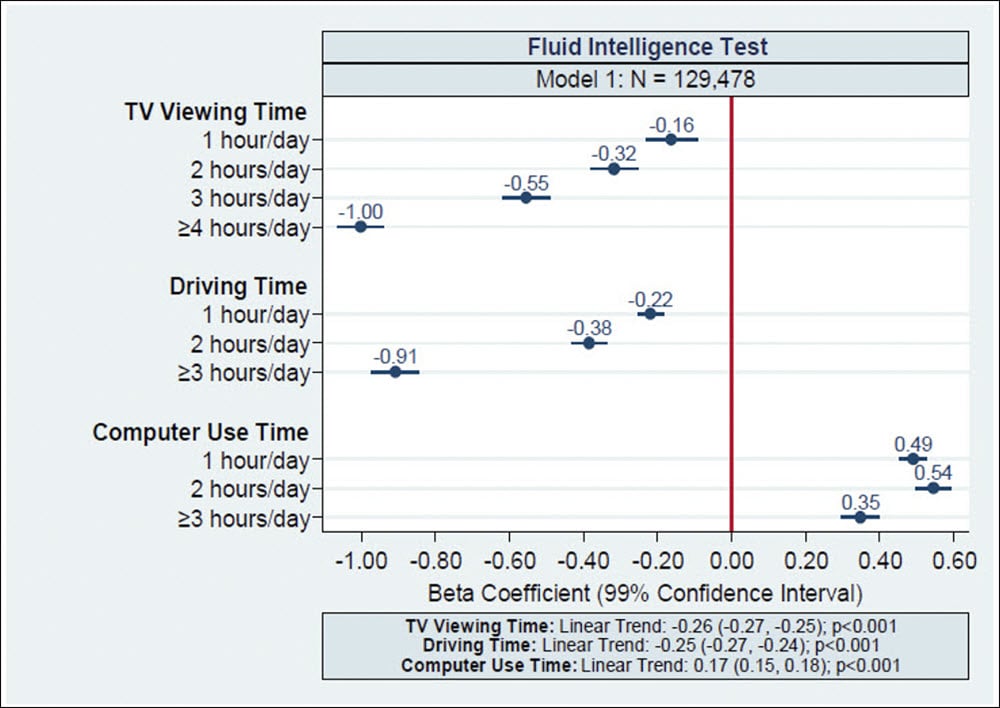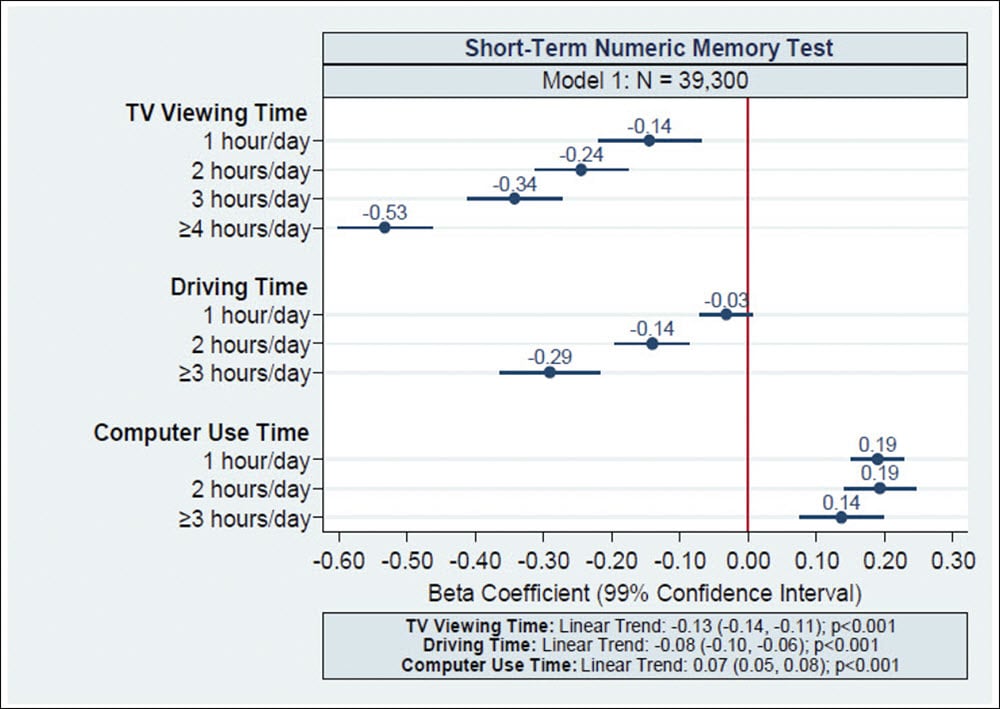
Here’s some potentially bad news for professional drivers and those among us who like long road trips. Scientists from the University of Leicester in the UK have investigated whether and how a range of activities that people do regularly over a period of several hours affects their intelligence. The study looked at the living habits of 500,000 British citizens between the ages of 37 and 73, who were observed for a period of five years. During this time, the subjects regularly took part in intelligence and memory tests, and the results make grim reading for those among us who spend a lot of time behind the wheel.
According to the published results in the American Journal of Epidemiology, the IQ of regular drivers fell further and faster over the five-year study period than those of others, with older people and men most affected. There appears to be various reasons for this. For one, driving for prolonged periods of time has already shown to be detrimental to cardiometabolic health, and that, in turn, has, in the past, been linked to cognition. Vascular dysfunction and chronic diseases have also been associated with aging, and if a person ages faster, then so does his or her brain. Basically, being stuck in traffic on EDSA every day is quite likely really taking years off your life.
Scientists also noted that driving is linked to stress and fatigue, and previous studies have already shown that this can also lead to cognitive decline. Finally, driving also seems to segregate us from social networks (interactions with real people) and is basically often a dull activity that simply doesn’t stimulate the brain much. Watching television has been found to have similar negative effects on intelligence, and the less our gray matter gets stimulated, the worse it apparently performs in the long run.




Before you now go and burn your driving license, the people behind the study are keen to point out that there are a few caveats. For one, they mostly relied on self-reported behavior which can be unreliable. Then, it only looked at three types of sedentary behavior, and the test subjects may also have had different characteristics. At least 300,000 of them have internet access and an e-mail account, indicating some level of computer knowledge and higher cognitive function associated with it. Scientists are still confident that it all holds up, though, and that the findings indicate too much time behind the wheel is indeed bad for our brains.
While that’s worrying news for car drivers, car writers and others using computers apparently have nothing to worry about. According to the boffins at the University of Leicester and Leicester Hospital, intelligence does not decrease in people who regularly spend long periods of time sitting in front of a computer. Quite the opposite seems to be the case, and the activity was positively associated with cognitive function during the study. In a way, you could say reading articles on VISOR makes you smarter, but you don’t need a bunch of scientists to work that one out!


0 Comments